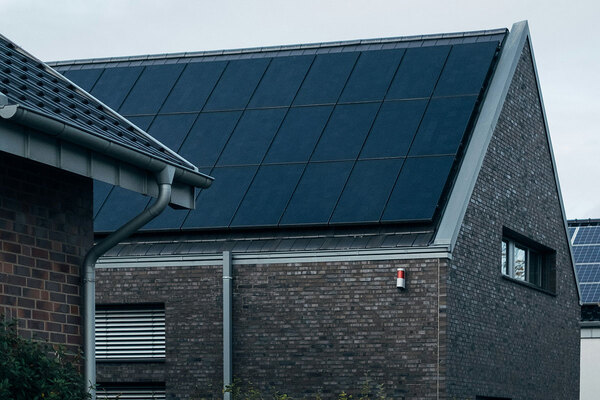Samsung and SMS to deliver BEIS-funded heat pump innovation project in Oxford
A new innovation project, which aims to show how optimised deployment of domestic heat pumps can reduce the complexity and high installation and operation costs of the technology, has been awarded funding by the Department of Business, Energy and Industrial Strategy’s (BEIS) Net Zero Innovation Portfolio.
The ‘Clean Heat Streets’ project – one of several successful bids selected for funding via BEIS’s Heat Pump Ready Programme – will be led by technology giant, Samsung, alongside smart energy solutions firm, SMS, and heating industry disruptors, BOXT.
Working with Oxford University, Oxford Brookes University, and Oxfordshire County Council, phase one of the project will develop new ways of selecting the most suitable neighbourhoods to achieve a high uptake of heat pumps. Then, working with behavioural technologists at Gengame, the aim is to develop a ground-breaking consumer offer for fully-installed and maintained smart heat pumps. If successful, phase two will see Clean Heat Streets trialled across 3,000 homes in Oxford, connecting consumers to local installers in a way that removes much of the friction and cost from the process of getting a heat pump installed.
Whilst heat pumps are up to four times more efficient than gas boilers and can provide a 100% zero-carbon heat source if powered solely by renewable electricity, boilers are cheaper and easier to install; heat pumps can take up to a week to be fitted in some cases. To address these challenges facing their rollout – Government wants as many as 600,000 heat pumps installed in homes per year by 2028 – the consortium aims to completely rebuild the complex survey and installation processes that consumers currently face.
Heat pump manufacturer Samsung and utilities expert SMS will use their dedicated training facilities to upskill gas heating engineers, provided by BOXT, and also work with local council partners and finance providers to ensure a wide range of consumers, including low-income households, are able to benefit.
As well as providing a solution to the issues of affordability and accessibility, Clean Heat Streets will also consider the wider energy system impact of the technology. The project will work with the local Distribution Network Operator (DNO) to identify any local network constraints and opportunities to use the flexible smart control of heat pumps, helping avoid the need for expensive grid upgrades and connection charges. SMS will also call on its experience working with energy suppliers to leverage smart metering and half-hourly settlement of electricity in order to reduce supply costs and enable cheaper, simple-to-understand tariffs to offer heat pump customers.
Sam Hunt, director of new energy systems at SMS, said:
“Providing heating and hot water in our homes accounts for around 15% of all UK emissions. So, if we are to realistically realise net zero carbon by 2050, heat is a critical source of emissions that we need to start reducing now. However, whilst heat pumps provide a vital low-carbon technology to help achieve this goal, their widescale rollout is not without its challenges.
Clean Heat Streets hopes to address the issues of affordability and accessibility that have so far held back the uptake of heat pumps, demonstrating an optimised deployment model that creates a much cheaper, quicker and easier installation process for consumers. In doing so, we want to ensure that heat pumps as a financially viable and more environmentally friendly alternative to gas boilers are no longer possible to ignore.”



